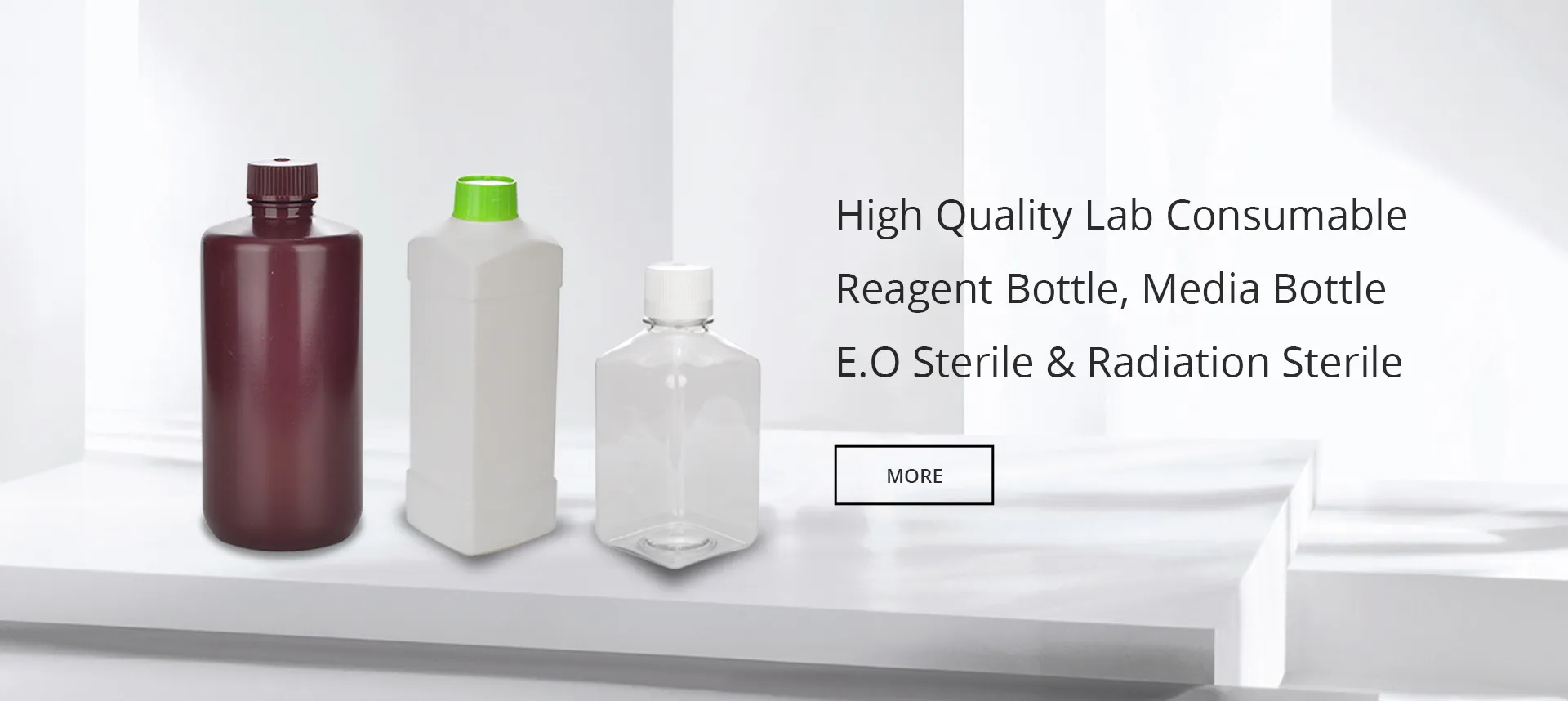https://www.wahmg.com/)">
microbiology lab supplies
microbiology lab supplies
Microbiology Lab Supplies Essential Tools for Scientific Discovery
Microbiology, the study of microscopic organisms, plays a crucial role in various scientific and medical fields. From understanding diseases to developing pharmaceuticals, microbiologists rely heavily on specific laboratory supplies tailored for their unique needs. This article will explore essential microbiology lab supplies that enhance research capabilities and ensure accuracy and safety in experimentation.
1. Petri Dishes and Culture Media
Petri dishes are the foundational tools for microbiological research. Typically made of glass or plastic, these shallow dishes provide a controlled environment for microbial growth. Along with Petri dishes, culture media are critical supplies used to nourish microorganisms in the laboratory. There are various types of media, such as agar plates, broth, and selective media, that cater to different microorganisms and experimental requirements. The choice of media can affect the results of experiments significantly, making it essential to understand their composition and purpose.
2. Inoculating Loops and Needles
Inoculating loops and needles are tools used to transfer microorganisms from one medium to another. These instruments are crucial for streaking plates, which helps in isolating individual colonies. Made of sterile materials, they come in various sizes and shapes, suited for different applications. Proper technique in using inoculating tools is vital, as contamination can lead to erroneous results and affect the validity of research outcomes.
3. Incubators
Incubators provide a controlled environment for the growth of microorganisms. They maintain optimal temperature, humidity, and atmospheric conditions required for various microbial species. Precision in these factors is crucial because different microorganisms have specific growth requirements. For instance, mesophilic bacteria thrive at moderate temperatures (around 37°C), while psychrophilic organisms require cooler temperatures. Properly calibrated incubators are essential for reproducible results and reliable data collection.
4. Microscopes
microbiology lab supplies

Microscopes are indispensable in microbiology for visualizing microbial structures and behaviors. Light microscopes allow researchers to observe live organisms, while electron microscopes provide detailed images of microbial structures at the nanometer level. The choice of microscope often depends on the nature of the research. High-resolution imaging is particularly crucial for identifying pathogens, studying their morphology, and understanding their interactions with host cells.
5. Centrifuges
Centrifuges are used to separate components in a mixture based on density. In microbiology, centrifugation can isolate cells from culture media or concentrate microbial samples from a larger volume. This technique is vital for sample preparation in various applications, including molecular biology assays and protein analysis. Efficient centrifuges enhance laboratory throughput and improve the accuracy of downstream applications.
6. Safety Supplies
Laboratory safety is paramount when handling potentially dangerous microorganisms. Essential safety supplies include personal protective equipment (PPE) such as lab coats, gloves, and safety goggles. Additionally, biosafety cabinets provide a sterile workspace to protect both the researcher and the environment from hazardous pathogens. Adhering to safety protocols ensures a secure working environment and minimizes the risk of contamination and exposure.
7. Refrigerators and Freezers
Microbiology labs also require reliable refrigeration units for storing samples, reagents, and culture media. Most microbiological samples and media need to be stored at specific temperatures to maintain their viability. Standard refrigerators are used for short-term storage, while low-temperature freezers are essential for long-term preservation of microbial cultures and biological materials. Proper storage conditions are vital for sustaining the integrity of samples and ensuring reproducible experimental results.
Conclusion
Microbiology lab supplies are vital for conducting research and experiments in a field that influences our understanding of life at the microscopic level. The combination of tools like Petri dishes, inoculating loops, incubators, microscopes, centrifuges, safety equipment, and refrigeration units constitutes the backbone of microbiological research. Investing in high-quality supplies and adhering to best practices not only enhances the efficiency of experiments but also contributes to the advancement of science, particularly in health and medicine. As the field of microbiology continues to evolve, so too will the technologies and supplies that support it, driving scientific discovery forward.
-
Wholesale Plastic Juice Bottles with Caps 16 oz Options Available Bulk Packaging SolutionsNewsJun.10,2025
-
Laboratory Apparatus Reagent Bottle – Durable & Chemical Resistant Bottles for Safe StorageNewsJun.10,2025
-
Squeezable Dropper Bottles Durable, Leak-Proof & CustomizableNewsMay.30,2025
-
Affordable Plastic Petri Plates Sterile & Disposable Lab-GradeNewsMay.30,2025
-
Eye Dropper Caps Precision 24/410 & Plastic Bottle-Compatible TipsNewsMay.30,2025
-
Affordable Mini Spray Bottle Price & Wholesale Deals Shop NowNewsMay.29,2025





















